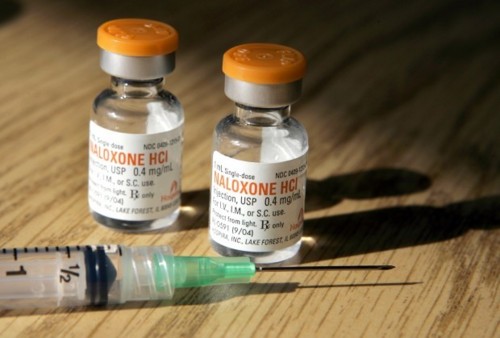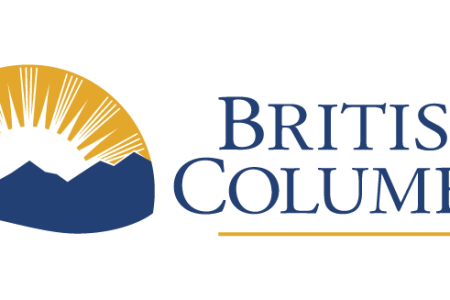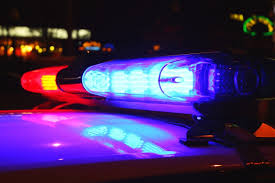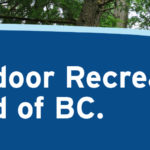Last week brings BC highest number of 911 overdose calls ever recorded
B.C. paramedics and dispatchers will be getting much-needed support from the provincial government in the face of the province’s opioid overdose crisis, with a $5-million injection of funding for BC Emergency Health Services (BCEHS), Health Minister Terry Lake announced Friday.
Over the last week, B.C. had the highest number of overdose-related 911 calls ever recorded. This past week saw a particularly high spike in the Lower Mainland. Between Nov. 17 and 23, 2016, BCEHS paramedics responded to 494 suspected overdose/poisoning events in Greater Vancouver, of which 271 occurred in the Downtown Eastside and 81 in Surrey.
“Our paramedics are feeling tremendous pressure as they respond to this public health emergency on the frontlines. We know they have saved thousands of lives in this crisis, and today we are making sure they are supported in this daunting task with needed resources,” said Lake. “We are working with many others including harm reduction and addictions experts, police, the coroner and the federal government to find solutions, but in the meantime, we must make sure patients get the care they need.”
BCEHS will begin implementing a number of strategies to boost ambulance resources and staffing in the coming weeks, including:
* Placing stationary ‘medical support units’ in some high overdose locations including the downtown eastside of Vancouver and a high overdose area of Surrey. These special units will act as a resupply station for paramedics, as well as provide care information and triage to those using drugs. It’s anticipated this community-level work will be done in partnership with the BC Centre for Disease Control and other partners involved in the province’s Joint Task Force on Overdose Response.
* More flexible modes of transportation. Paramedics will be using bicycles and ATVs in high overdose areas to respond to medical emergencies more rapidly. Bikes and ATVs are often used by teams of paramedics in areas that are difficult to navigate through in an ambulance.
* More supervisory support to assist paramedics and dispatchers with triaging and more efficient patient handover at busy hospital emergencies, so ambulances can get back on the road more quickly to respond to other calls.
* Expanding the Vancouver Dispatch Centre’s ability to monitor and triage complex cases to further support paramedics.
“We know this crisis has affected many families and communities and that it is also of great concern to paramedics and dispatchers,” said BCEHS executive vice president Linda Lupini. “This funding will allow BCEHS to make sure we can respond to the unprecedented number of overdose patients adequately.”
Since the health emergency was declared in B.C. this spring, BCEHS has joined efforts with the Ministry of Health, the BC Centre for Disease Control, the BC Coroners Service, police, other first responders, health authorities and non-profit organizations to find and act upon solutions to the overdose crisis.
Premier Christy Clark appointed a Joint Task Force on Overdose Response in July 2016, headed by provincial health officer Dr. Perry Kendall and director of police services Clayton Pecknold, to provide expert leadership and advice to the Province on additional actions to prevent and respond to overdoses in B.C. As part of the response, law enforcement is working at all levels of government to interdict the supply of toxic drugs, and health officials are working to address the immediate and longer-term health needs. To that end, B.C. is expanding access to life-saving Naloxone, supervised consumption services, and opioid addiction treatment medications and services.
Under the task force, the Province launched a broad campaign to alert people of how to prevent, identify and respond to overdoses, and is investing in research, education and training through the new B.C. Centre on Substance Use, to ensure addiction treatment is effective and evidence-based. Ongoing work to support and treat British Columbians with substance use issues is also a key part of the province’s response. Government committed to meet the goal of opening 500 new substance use treatment beds in 2017. In the past two years, more than 220 new beds have been opened as part of this commitment to ensure better access to appropriate substance use supports.

























Comments